Afts-SP Tablet 10's
MRP ₹85
(Inclusive of all Taxes)
₹12.8 Cashback (15%)
Provide Delivery Location
Online payment accepted
 Prescription drug
Prescription drugWhats That
Manufacturer/Marketer :
Consume Type :
Expires on or after :
Return Policy :
About Afts-SP Tablet
Afts-SP Tablet belongs to the class of drugs known as 'non-steroidal anti-inflammatory drug' (NSAID). It is a fixed-dose combination composed of aceclofenac, paracetamol and serratiopeptidase. Afts-SP Tablet is used in the reduction of pain and inflammation due to bone or soft tissue injury, resolution of postoperative inflammation, oedema (swollen tissue with fluid) and pain. Aceclofenac works by blocking the action of an enzyme known as cyclo-oxygenase (COX) which causes pain and swelling in the injured or damaged tissue. Paracetamol acts as a mild analgesic (pain reducer) and antipyretic (fever reducer) which enhances the pain relief action of aceclofenac. Serratiopeptidase is an enzyme which helps in the breakdown of a protein (fibrin) which is formed as a by-product of the clotted blood at the site of injury. It thus causes thinning of the fluids around the site of injury thereby making fluid drainage smoother in the swollen tissue.
Pain can be temporary (acute) or lifelong (chronic) in nature. Acute pain is for a short time caused by damage to the tissues of the muscle, bone or organs. While, chronic pain lasts for life long caused due to nerve damage, osteoarthritis and dental pain due to damage to the tooth nerve, infection, decay, extraction or injury. There are different types of musculoskeletal pain caused due to soft tissue (muscle, tendon and ligaments) injury. Extreme tissue pain and inflammation caused due to sprains, strains or trauma or post-surgery may require a prolonged amount of time to heal.
You can take Afts-SP Tablet with food or without food. It should be swallowed whole with a glass of water. Do not chew, bite or break it. Your doctor will advise you on how often you take your tablets based on your medical condition. Most of the side effects of Afts-SP Tablet do not require medical attention and gradually resolve over time. Common side effects include nausea, vomiting, indigestion, stomach pain etc. However, if the side effects are persistent, reach out to your doctor.
Try not to stop taking this medicine of your own. Do not take Afts-SP Tablet if you are allergic to painkillers like aspirin, ibuprofen, naproxen, or diclofenac. It is not recommended for use in children. It is advisable not to exceed the recommended dose or duration of treatment.
Uses of Afts-SP Tablet
Directions for Use
Key Benefits
Afts-SP Tablet consists of aceclofenac, paracetamol and serratiopeptidase. Aceclofenac works by blocking the action of an enzyme known as cyclo-oxygenase (COX) which causes pain and swelling at the injured or damaged tissue. Paracetamol acts as mild analgesic (pain reducer) and antipyretic (fever reducer) which enhances the pain relief action of aceclofenac. Serratiopeptidase causes thinning of the fluids around the site of injury thereby making fluid drainage smoother in the swollen tissue. Together these not only reduce pain and inflammation but also help in faster healing.
Storage
- Do not consume spicy foods, caffeine, and alcohol.
- Choose low-acid fruits and vegetables like apples, melons, and carrots.
- Include whole grains like whole-wheat bread, oatmeal, and brown rice.
- Limit processed meats like hotdogs and sausages.
- Avoid fatty, spicy, or acidic salad dressings.
- Limit tomatoes and tomato-based products.
- Quit smoking to promote ulcer healing.
- Adopt a balanced diet and lifestyle to reduce the risk of peptic ulcers.
- Inform your doctor about the nausea and discuss possible alternatives to the medication or adjustments to the dosage.
- Divide your daily food intake into smaller, more frequent meals to reduce nausea.
- Opt for bland, easily digestible foods like crackers, toast, plain rice, bananas, and applesauce.
- Avoid certain foods that can trigger nausea, such as fatty, greasy, spicy, and smelly foods.
- Drink plenty of fluids, such as water, clear broth, or electrolyte-rich beverages like coconut water or sports drinks.
- Use ginger (tea, ale, or candies) to help relieve nausea.
- Get adequate rest and also avoid strenuous activities that can worsen nausea.
- Talk to your doctor about taking anti-nausea medication if your nausea is severe.
- Record when your nausea occurs, what triggers it, and what provides relief to help you identify patterns and manage your symptoms more effectively.
- Preventing Vomiting (Before it Happens)
- Take medication exactly as prescribed by your doctor. This can help minimize side effects, including vomiting.
- Having a small meal before taking your medication can help reduce nausea and vomiting.
- Talk to your doctor about taking anti-nausea medication along with your prescribed medication.
- Managing Vomiting (If it Happens)
- Try taking ginger in the form of tea, ale, or candy to help alleviate nausea and vomiting.
- What to Do if Vomiting Persists
- Consult your doctor if vomiting continues or worsens, consult the doctor for guidance on adjusting your medication or additional treatment.
- Inform Your Doctor: Notify your doctor immediately about your diarrhoea symptoms. This allows them to adjust your medication or provide guidance on managing side effects.
- Stay Hydrated: Drink plenty of fluids to replace lost water and electrolytes. Choose water, clear broth, and electrolyte-rich drinks. Avoid carbonated or caffeinated beverages to effectively rehydrate your body.
- Follow a Bland Diet: Eat easy-to-digest foods to help firm up your stool and settle your stomach. Try incorporating bananas, rice, applesauce, toast, plain crackers, and boiled vegetables into your diet.
- Avoid Trigger Foods: Steer clear of foods that can worsen diarrhoea, such as spicy, fatty, or greasy foods, high-fibre foods, and dairy products (especially if you're lactose intolerant).
- Practice Good Hygiene: Maintain good hygiene to prevent the spread of infection. To stay healthy, wash your hands frequently, clean and disinfect surfaces regularly, and avoid exchanging personal belongings with others.
- Take Anti-Diarrheal Medications: If your doctor advises, anti-diarrheal medications such as loperamide might help manage diarrhoea symptoms. Always follow your doctor's directions.
- Keep track of your diarrhoea symptoms. If they don't get better or worse or are accompanied by severe stomach pain, blood, or dehydration signs (like extreme thirst or dark urine), seek medical help.
- Tell your doctor about your GAS symptoms. They may change your medication regimen or prescribe additional drugs to help you manage them.
- To manage GAS symptoms, eat a balanced diet of fibre, vegetables, and fruits.
- Drink enough water throughout the day to avoid constipation and treat GAS symptoms.
- Regular exercise like yoga and walking may help stimulate digestion and alleviate GAS symptoms.
- Take probiotics only if your doctor advises, as they may help alleviate GAS symptoms by promoting gut health.
- Take medication for GAS symptoms only if your doctor advises, as certain medications can interact with your existing prescriptions or worsen symptoms.
- If symptoms persist, worsen, or are accompanied by severe abdominal pain, vomiting, or bleeding, seek immediate medical attention.
- Inform your doctor about your constipation symptoms. They may adjust your medication or advise alternative treatments.
- Stay hydrated by drinking sufficient of water (at least 8-10 glasses a day) to help soften stool and promote bowel movements.
- Increase fibre intake by eating foods high in fibre, such as fruits, whole grains, vegetables and legumes, to help bulk up the stool.
- Establish a bowel routine by trying to go to the bathroom at the same time each day to train your bowels.
- Engaging in regular exercise, like walking or yoga, can support in bowel movement stimulation.
- Consult your doctor if constipation persists, and discuss alternative treatments or adjustments to your medication.
Drug Warnings
Consumption of alcohol should be avoided during the treatment with Afts-SP Tablet as it may lead to an increase in the risk of liver damage. Patients with stomach ulcers, gastric bleeding, severe heart failure and liver or kidney disease should not take Afts-SP Tablet on their own. Besides this, it should be avoided during the last trimester of pregnancy, unless there are compelling reasons for doing so. If you have a severe allergy to painkillers like asthma, rhinitis, angioedema (swelling under the skin) or skin rashes, immediately stop taking Afts-SP Tablet . Use with caution in pregnancy and breastfeeding. Do not self-administer Afts-SP Tablet if you are pregnant or are nursing.
Drug-Drug Interactions
Drug-Drug Interactions
Login/Sign Up
Co-administration of Atenolol with Afts-SP Tablet could increase the risk of low blood pressure.
How to manage the interaction:
Although there is a possible interaction between Atenolol and Afts-SP Tablet, you can take these medicines together if prescribed by a doctor. Consult a doctor if you experience excessive sweating, shortness of breath, palpitations, or chest discomfort. Do not discontinue any medications without consulting a doctor.
Co-administration of Afts-SP Tablet may decrease the excretion rate of Oxazepam which could result in a higher serum level.
How to manage the interaction:
Although there is a possible interaction between Oxazepam and Afts-SP Tablet, you can take these medicines together if prescribed by a doctor. Do not stop using any medications without a doctor's advice.
Co-administration of ketamine and Afts-SP Tablet may decrease the effectiveness of Ketamine which could result in a higher blood level.
How to manage the interaction:
Although taking Ketamine and Afts-SP Tablet together can evidently cause an interaction, it can be taken if a doctor has suggested it. If you're feeling very sleepy or having trouble breathing, it's important to contact your doctor right away. Do not stop using any medications without a doctor's advice.
Co-administration of Teriflunomide with Afts-SP Tablet may increase the risk or severity of Liver problems.
How to manage the interaction:
Taking Afts-SP Tablet with Teriflunomide together can possibly result in an interaction, but it can be taken if a doctor has advised it. Do not discontinue any medications without consulting a doctor.
Co-administration of Afts-SP Tablet and Ketoconazole may increase the risk of liver injury.
How to manage the interaction:
Although there is a possible interaction between Afts-SP Tablet and Ketoconazole, you can take these medicines together if prescribed by a doctor. However, if you have joint pain or swelling, fever, chills, unusual bleeding or bruising, skin rash, itching, over-tiredness, nausea, vomiting, loss of appetite, stomach pain, dark-colored urine, light-colored stools, and/or yellowing of the skin or eyes, contact a doctor immediately as these may be signs and symptoms of liver damage. Do not discontinue the medication without consulting a doctor.
Co-administration of Afts-SP Tablet and Leflunomide may increase the risk of liver problems.
How to manage the interaction:
Although there is a possible interaction between Afts-SP Tablet and Leflunomide, they can be taken together if prescribed by a doctor. However, if you experience fever, chills, joint pain or swelling, unusual bleeding or bruising, skin rash, itching, less desire to eat, fatigue, nausea, vomiting, abdominal pain, or yellowing of the skin or eyes, contact a doctor immediately. Do not discontinue any medications without consulting a doctor.
Co-administration of Afts-SP Tablet and Valdecoxib may increase the risk or severity of adverse effects.
How to manage the interaction:
Although there is a possible interaction between Afts-SP Tablet and Valdecoxib, you can take these medicines together if prescribed by a doctor. However, if the side effects worsen, please consult a doctor.
Co-administration of Lomitapide and Afts-SP Tablet may increase the risk of severity of liver injury.
How to manage the interaction:
Although there is a possible interaction between Afts-SP Tablet and Lomitapide, you can take these medicines together if prescribed by a doctor. Do not stop using any medications without a doctor's advice.
Co-administration of Mipomersen with Afts-SP Tablet may increase the risk or severity of liver injury.
How to manage the interaction:
There may be a possibility of interaction between Afts-SP Tablet and Mipomersen, but it can be taken if prescribed by a doctor. Do not stop using any medications without talking to a doctor.
Drug-Food Interactions
Drug-Food Interactions
Login/Sign Up
Diet & Lifestyle Advise
Include more glucosamine, chondroitin sulphate, Vitamin D, calcium-enriched supplements. Besides this, turmeric and fish oils can help in reducing inflammation in the tissue.
Do not go for heavy exercise as it may increase your joint pain in arthritis. Instead, you can do stretching, low impact aerobic exercises like walking on a treadmill, bike riding and swimming. You can also strengthen your muscle strength by lifting light weights.
In the chronic conditions of arthritis or joint pain try to include fish like salmon, trout, tuna and sardines. These fishes are enriched with omega-3 fatty acids that minimum level of chemical called cytokines, which ramp up inflammation.
Your sitting posture is important especially when have pain and inflammation conditions. Try to sit as little as possible, and only for short time (10-15 min). Use back support like rolled-up towel at the back of your curve to minimize pain. Keep your knees and hips at a right angle. Besides this, you can use a footrest if required.
Side Effects of Afts-SP Tablet
Nausea
Stomach Pain
Loss of appetite
Diarrhoea
Stomach upset
Indigestion
Habit Forming
Therapeutic Class
All Substitutes & Brand Comparisons
RX
Dolostat-SP Tablet 10's
Blue Cross Laboratories Pvt Ltd
₹55
(₹4.95 per unit)
35% CHEAPERRX
Aceelo PS Tablet 10's
Auspharma Pvt Ltd
₹82.5
(₹8.25 per unit)
7% COSTLIERRX
Ketorol SP Tablet 10's
Dr Reddy's Laboratories Ltd
₹99
(₹8.92 per unit)
16% COSTLIER
Author Details
We provide you with authentic, trustworthy and relevant information
Drug-Diseases Interactions
Drug-Diseases Interactions
Login/Sign Up
FAQs
Drug-Drug Interactions Checker List
- NIMESULIDE
- OXYPHENBUTAZONE
- METAMIZOLE
- WARFARIN
Special Advise
- Paracetamol is a component of Afts-SP Tablet which can cause liver injury when in taken in large doses (usually more than 4 g/day). Concomitant use of alcohol is best avoided as it aggravates the liver toxicity.
Although Afts-SP Tablet provides symptomatic relief in conditions like arthritis and may reduce the inflammation caused by these conditions, to achieve best results, it is strongly recommended remaining physically active as much as your condition allows. Adopting a healthy lifestyle coupled with healthy diet containing high proteins, is the mainstay of management of arthritic conditions.
Disease/Condition Glossary
Pain can be temporary (acute) or lifelong (chronic) in nature. Acute pain is for short time caused by damage to the tissues of the muscle, bone or organs. While, chronic pain lasts for life long caused due to nerve damage, osteoarthritis and dental pain due to damage of the tooth nerve, infection, decay, extraction or injury. There are different types of musculoskeletal pain caused due to soft tissues (muscle, tendon and ligaments) injury. Extreme tissue pain and inflammation caused due to sprains, strains or trauma or post-surgery may require a prolonged amount of time to heal.

Have a query?
Alcohol
Safe if prescribed
You are recommended not to consume alcohol along with Afts-SP Tablet to avoid unpleasant side-effects.
Pregnancy
Consult your doctor
Afts-SP Tablet to be taken with caution, specially if you are pregnant. Your doctor may adjust your dose depending upon your conditions, if he/she feels the benefits over weigh the risks.
Breast Feeding
Consult your doctor
Only consume Afts-SP Tablet if it has been prescribed by a doctor as the safety data in nursing mothers is lacking. Inform your doctor if you are breastfeeding.
Driving
Safe if prescribed
Afts-SP Tablet may affect driving as it causes dizziness.
Liver
Consult your doctor
Afts-SP Tablet to be taken with caution, especially if you have a history of liver diseases/conditions. Dose may have to be adjusted by your doctor.
Kidney
Consult your doctor
Afts-SP Tablet to be taken with caution, especially if you have a history of Kidney diseases/conditions. Dose may have to be adjusted by your doctor.
Children
Safe if prescribed
Afts-SP Tablet should not be given to children without prescription of a child specialist. Your doctor will determine the dose of the medicine depending on your child's weight and severity of condition.




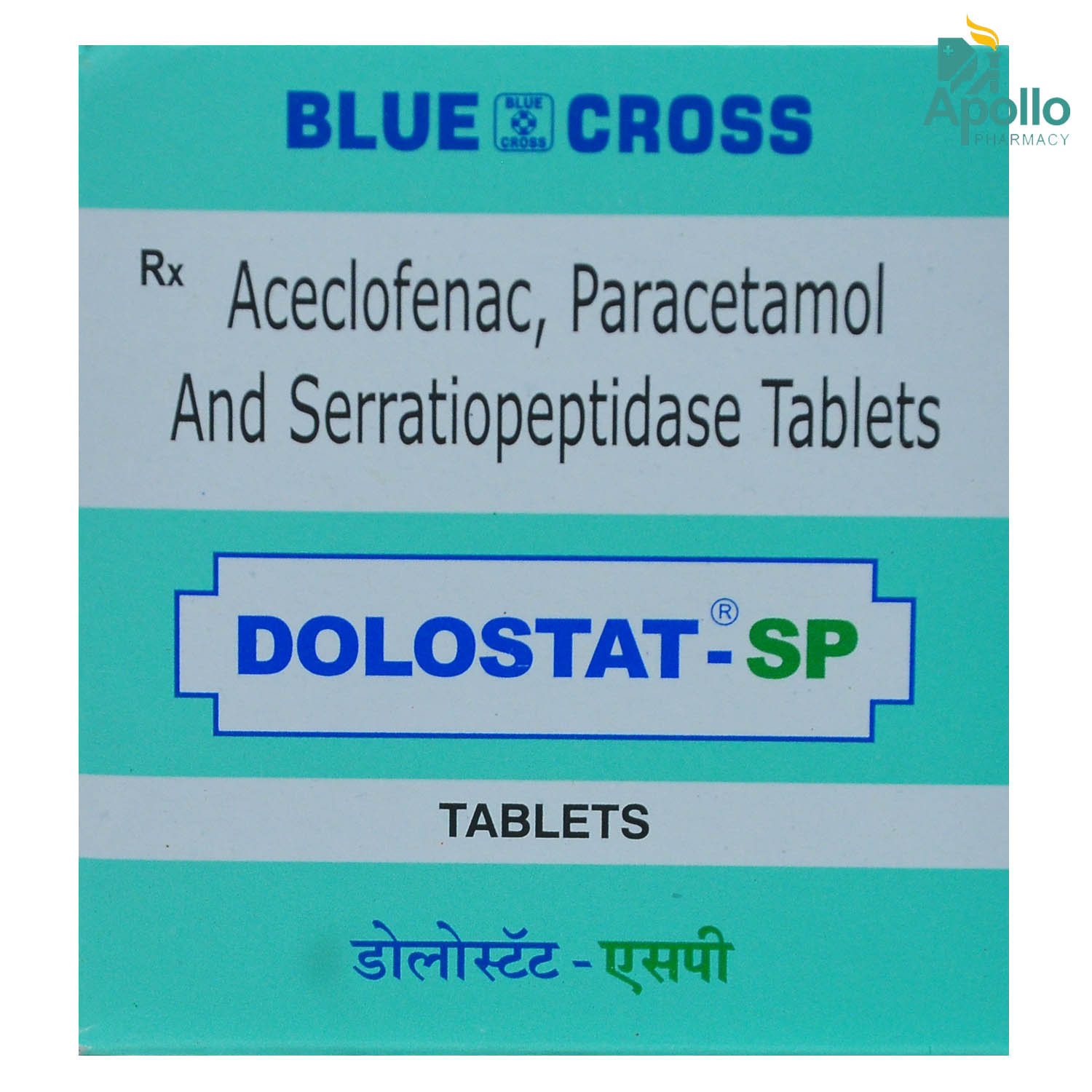

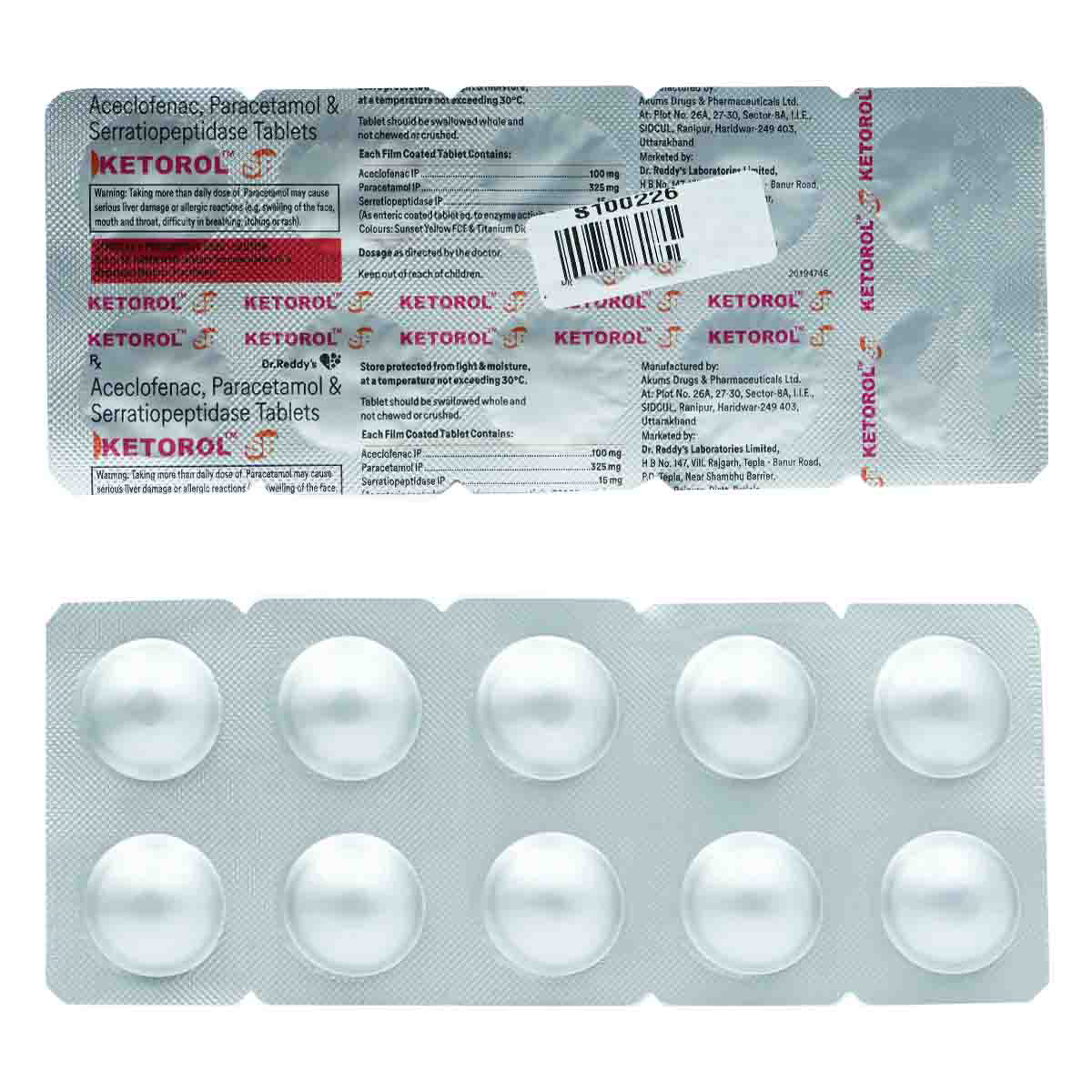
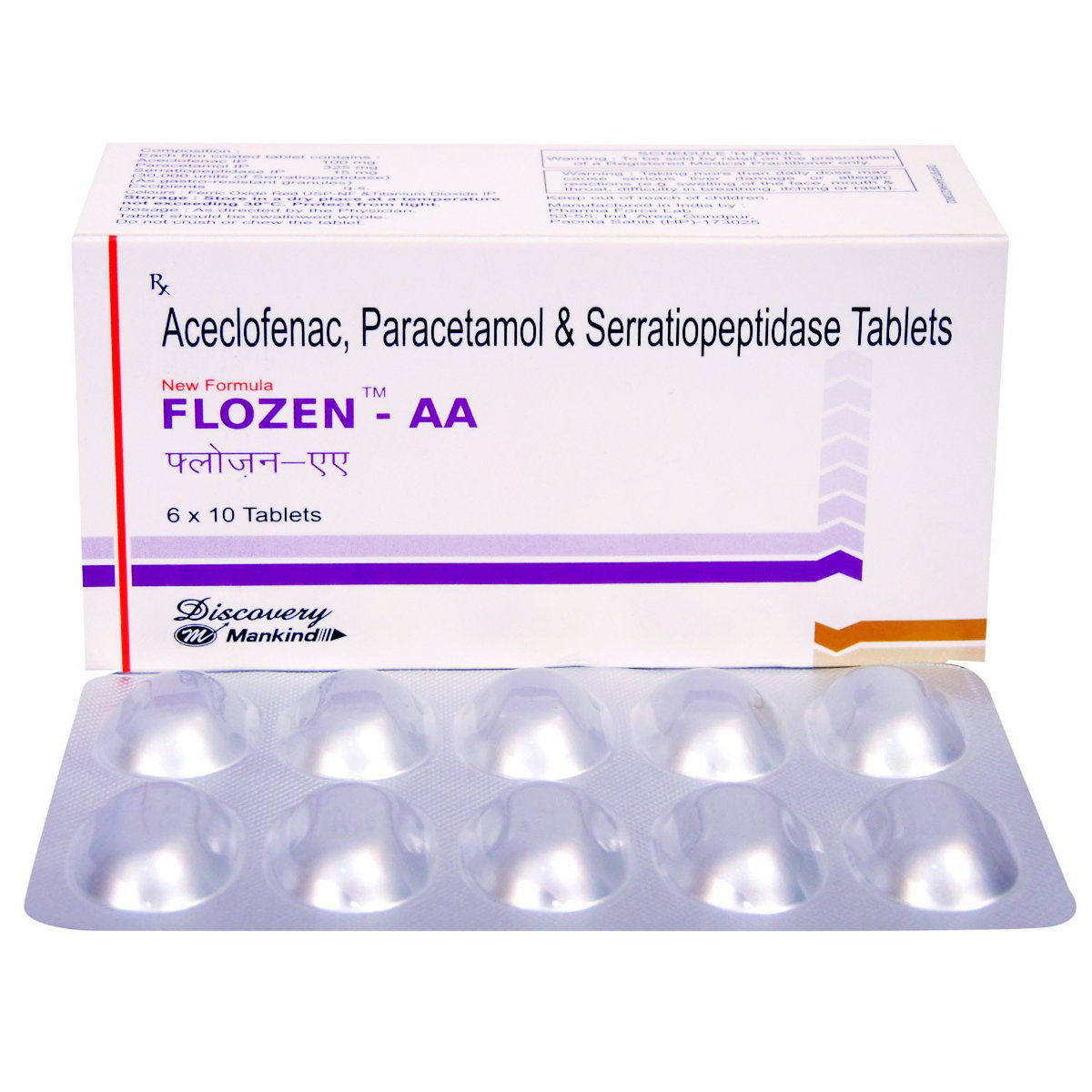

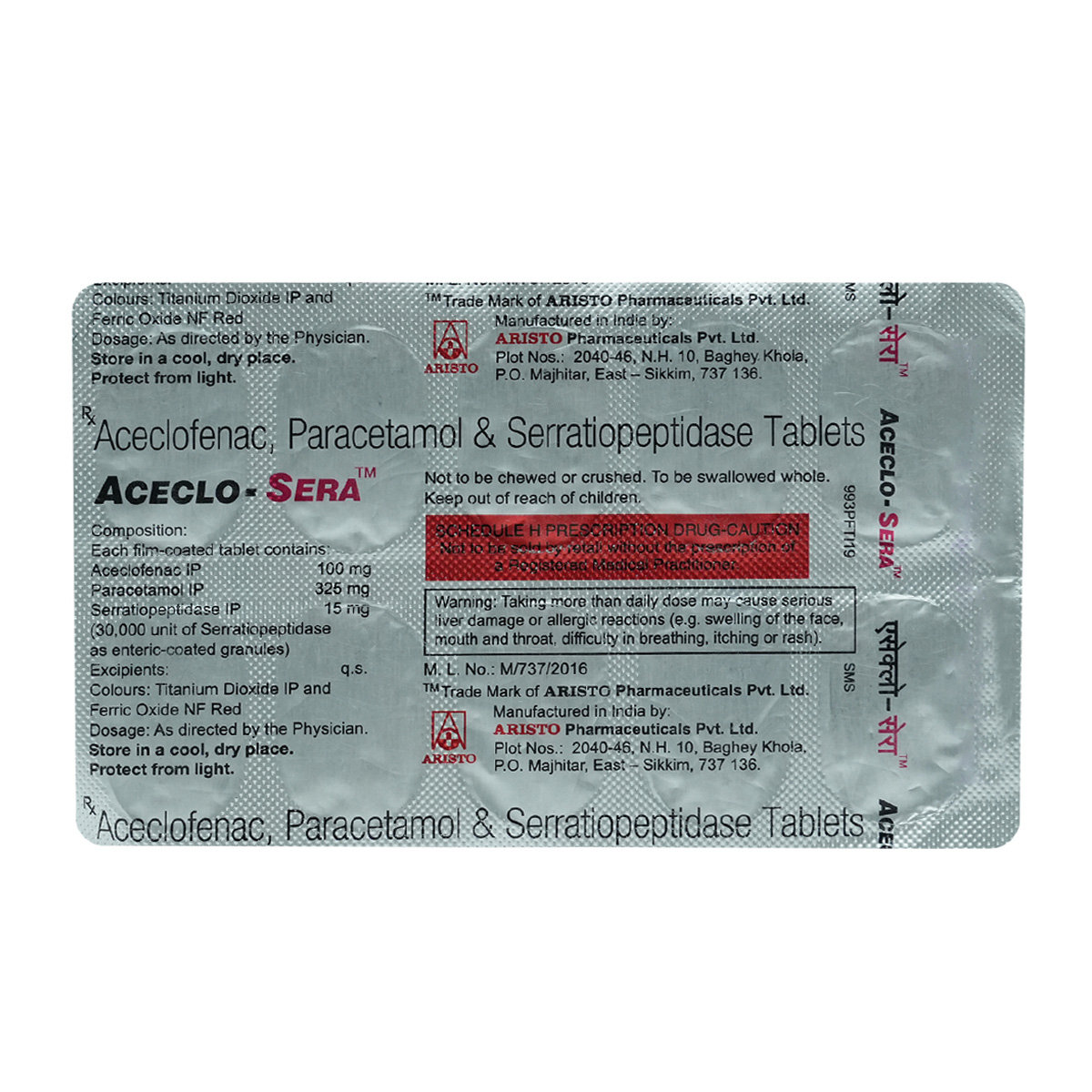
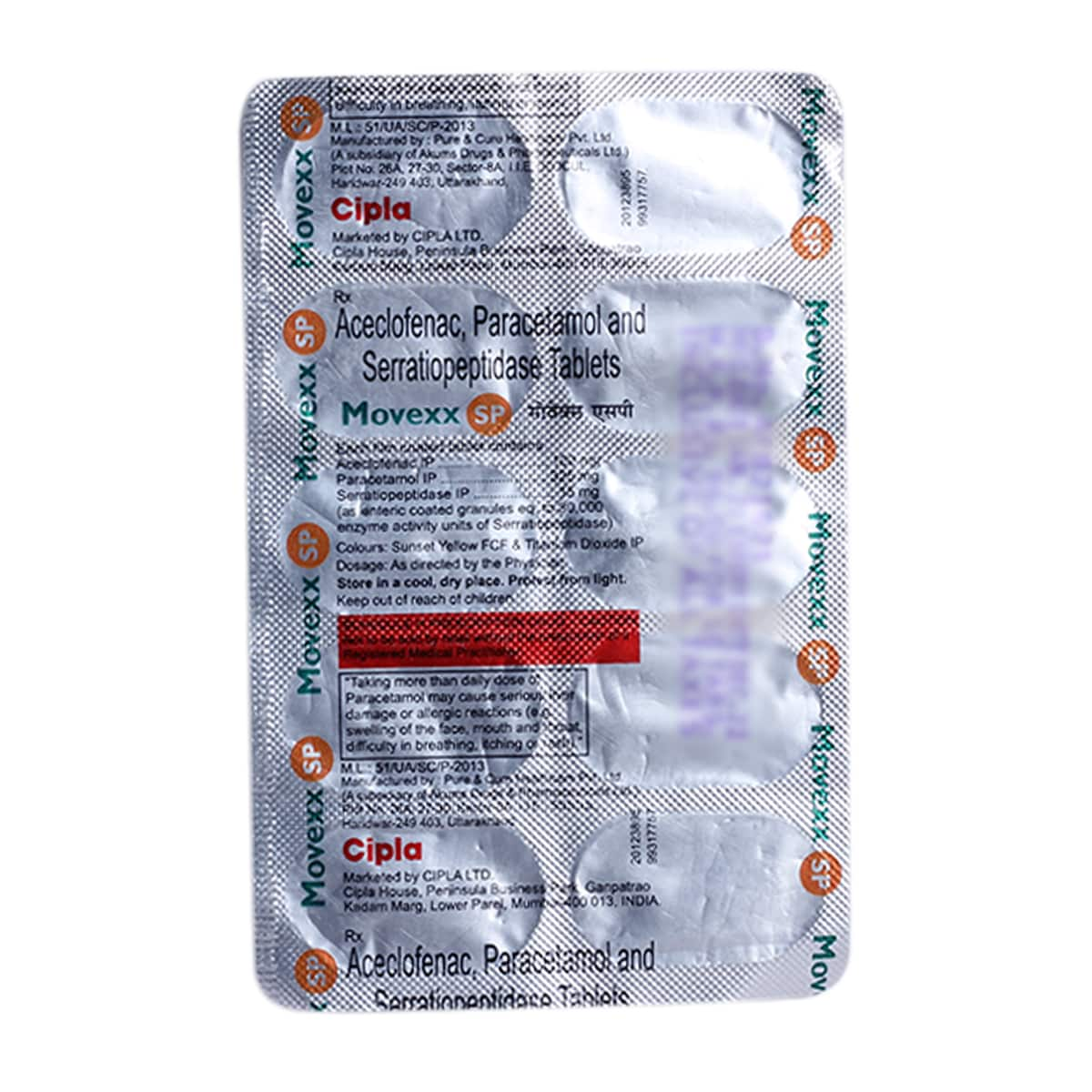
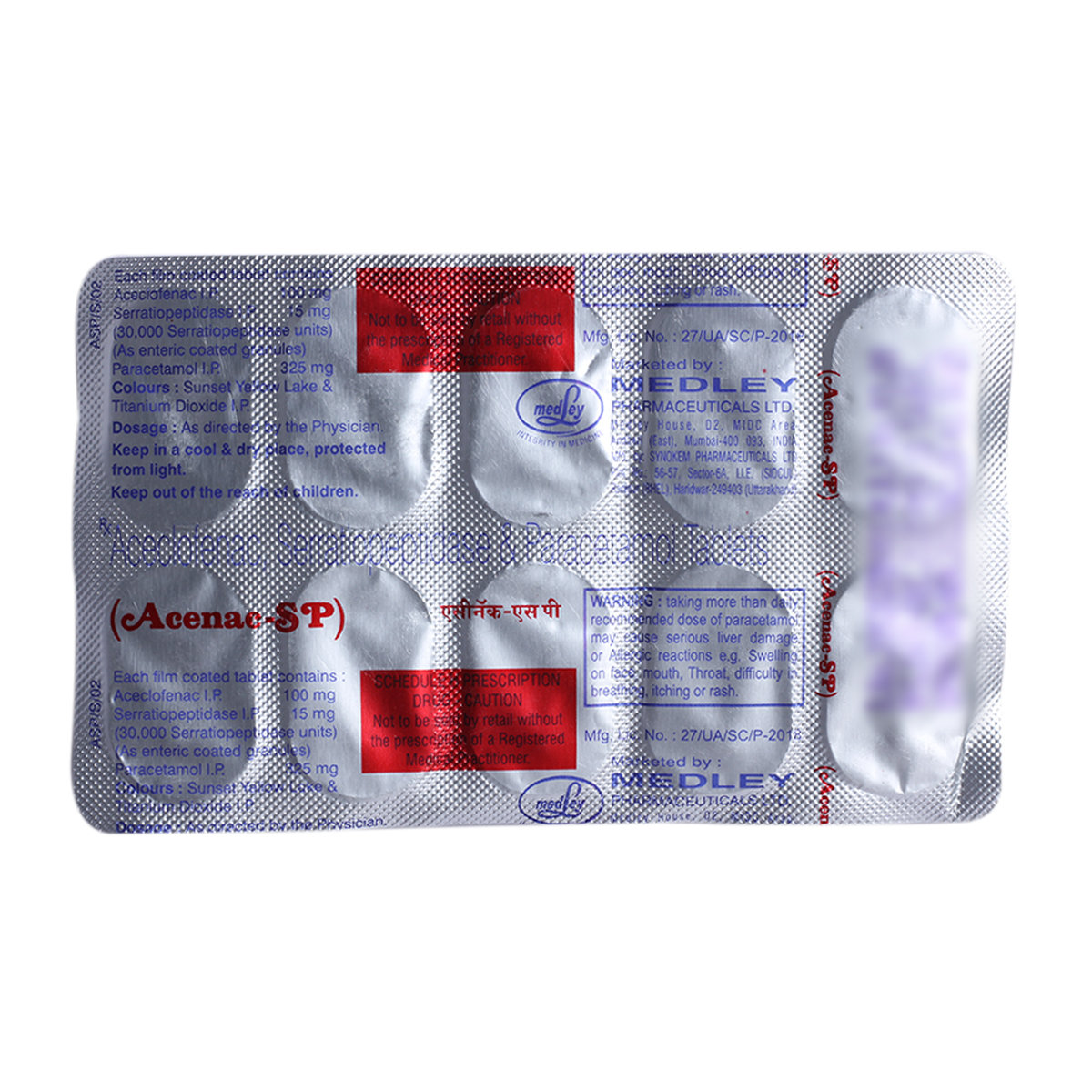
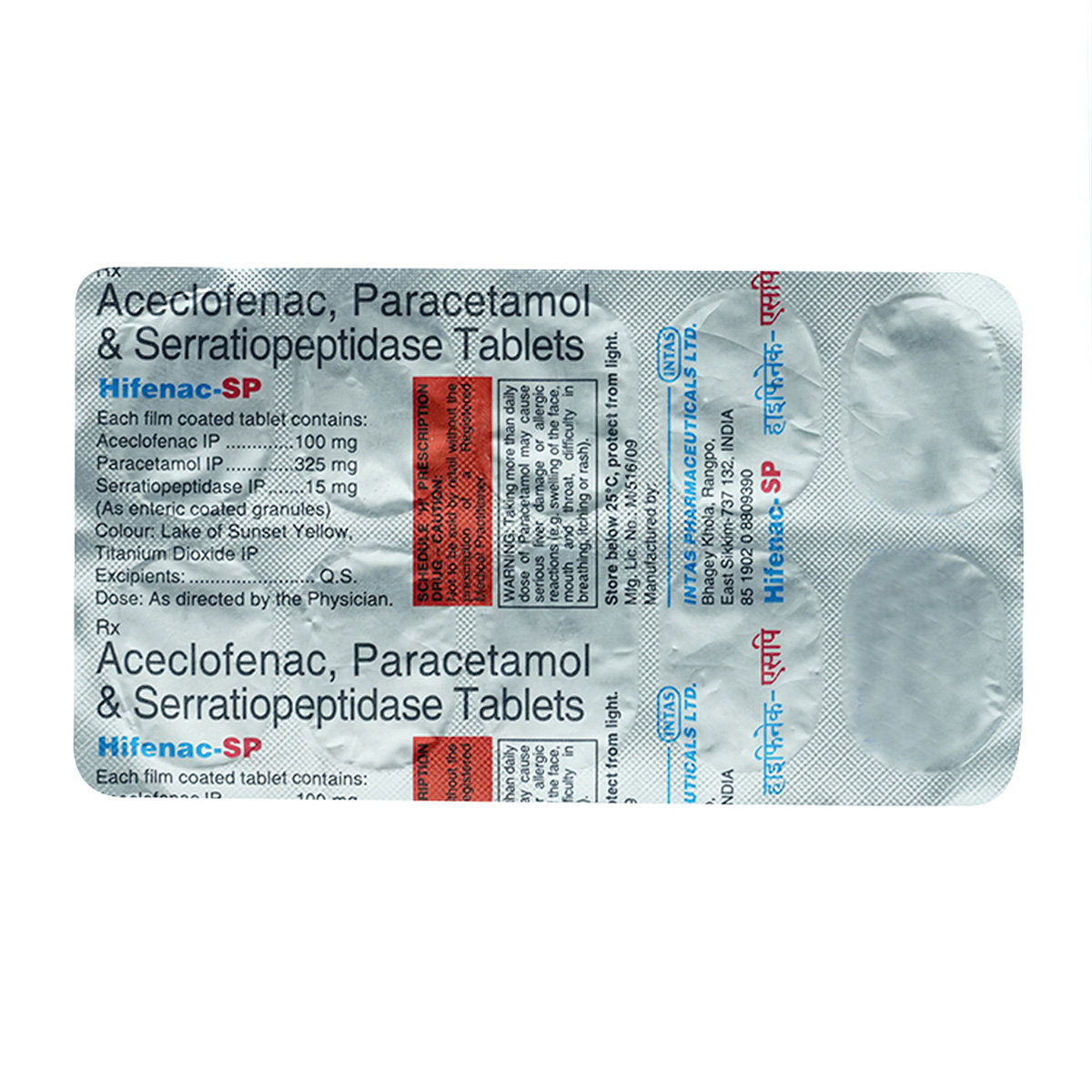
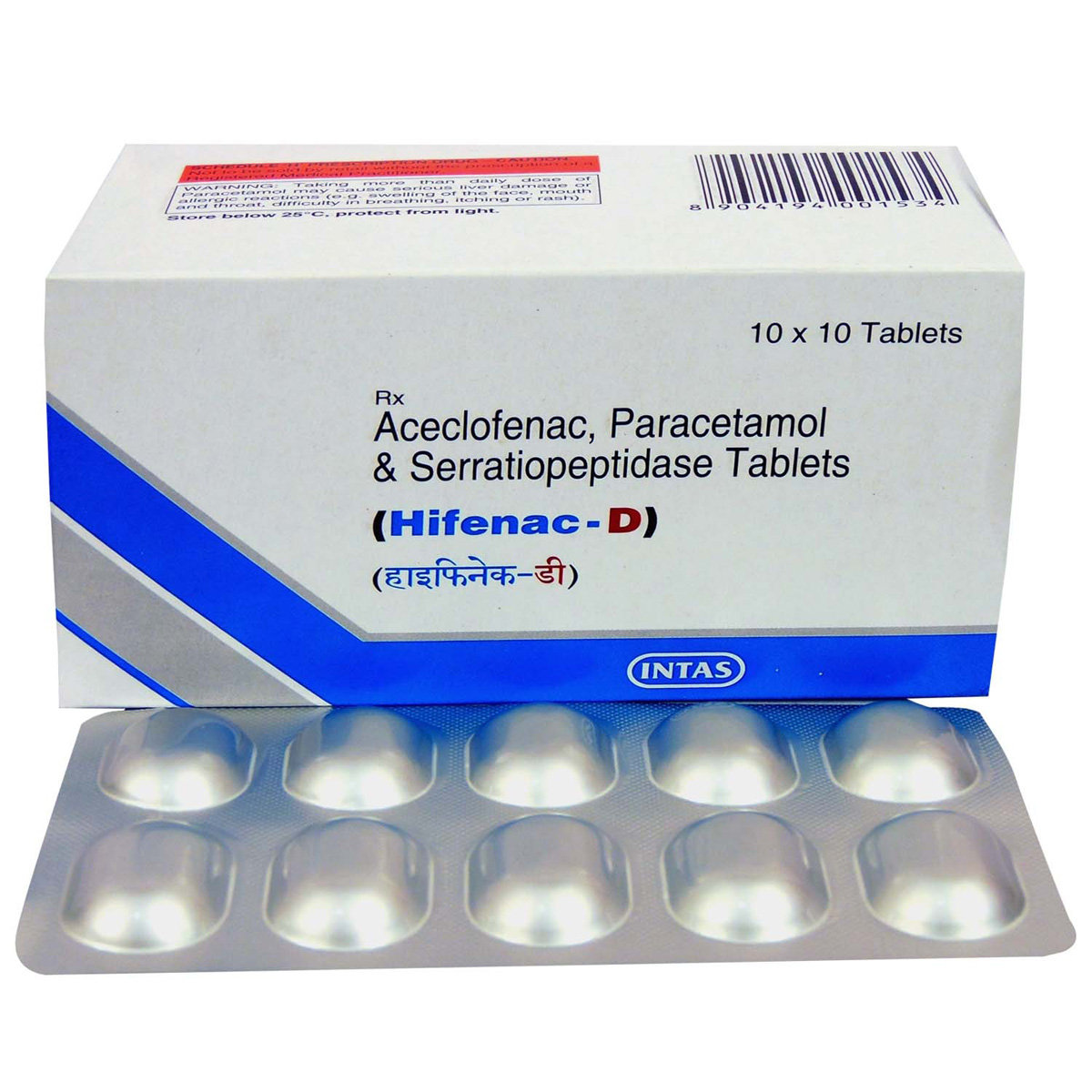
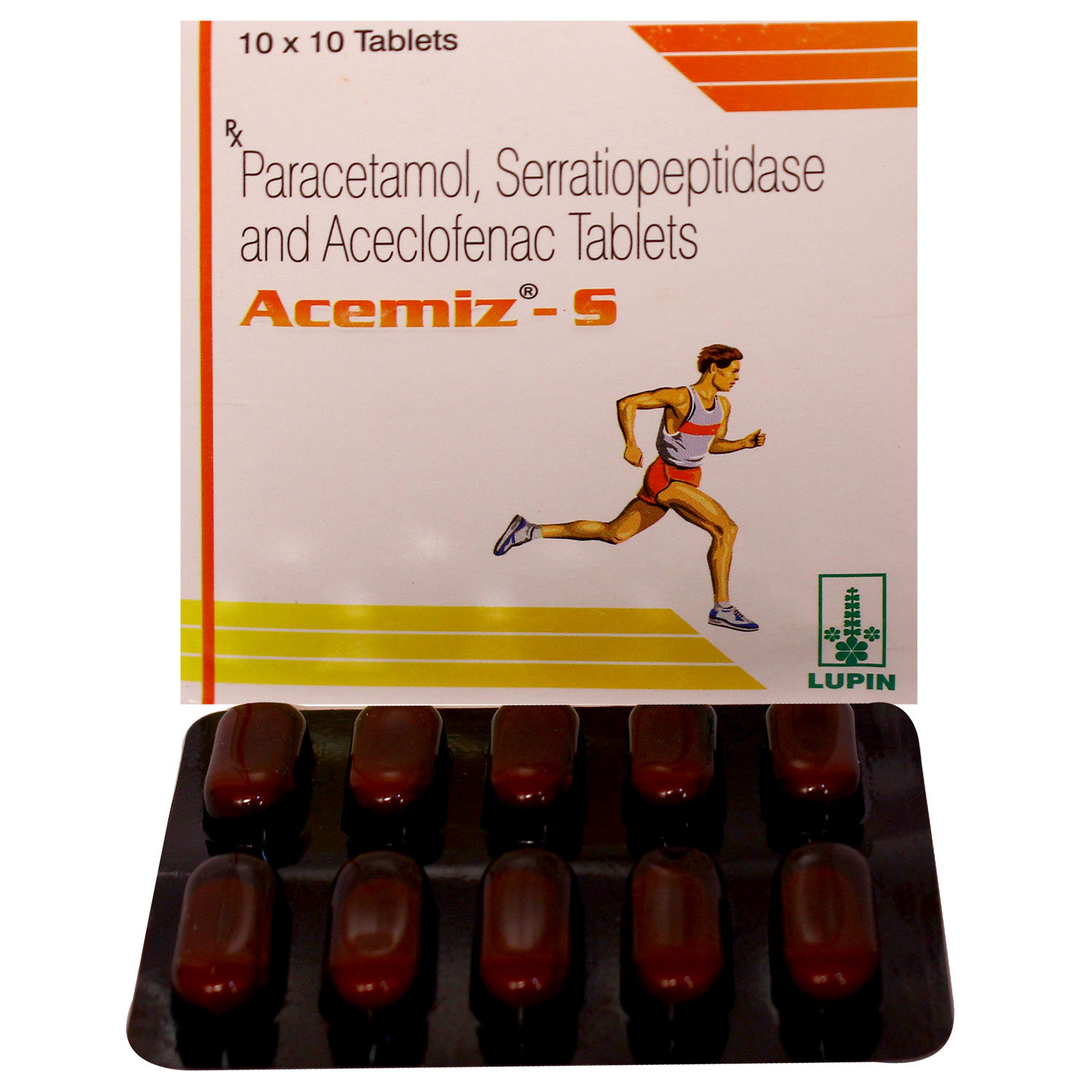
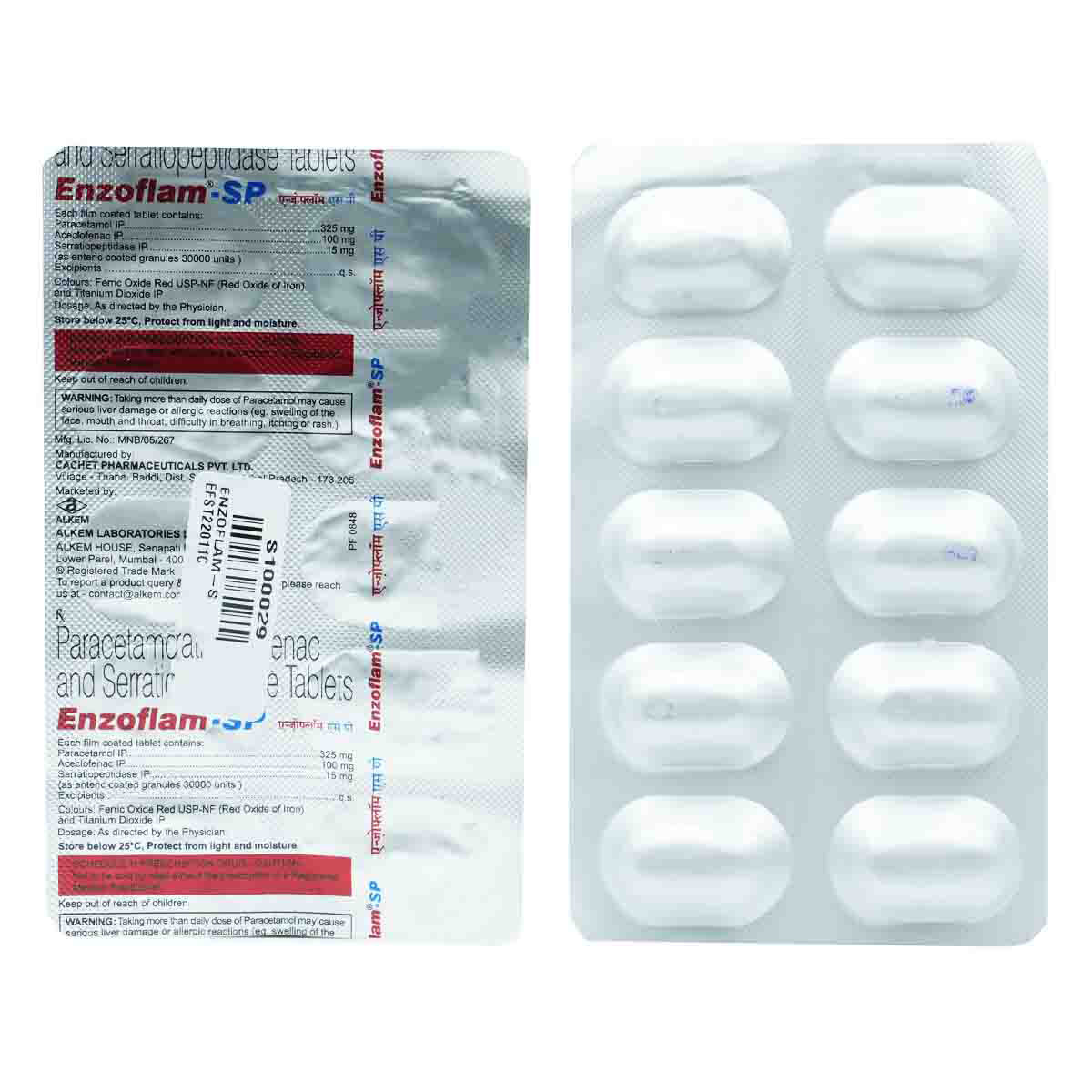
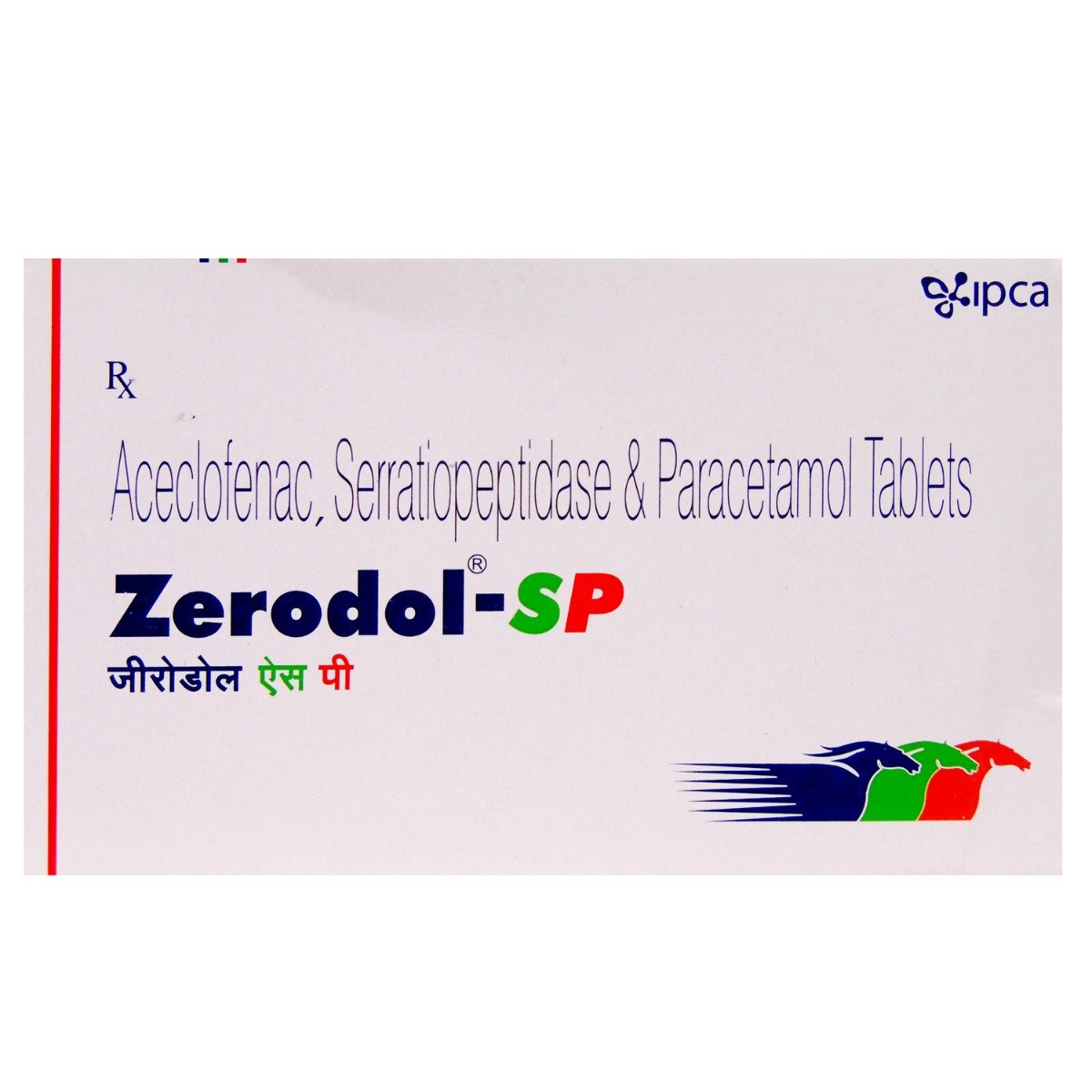
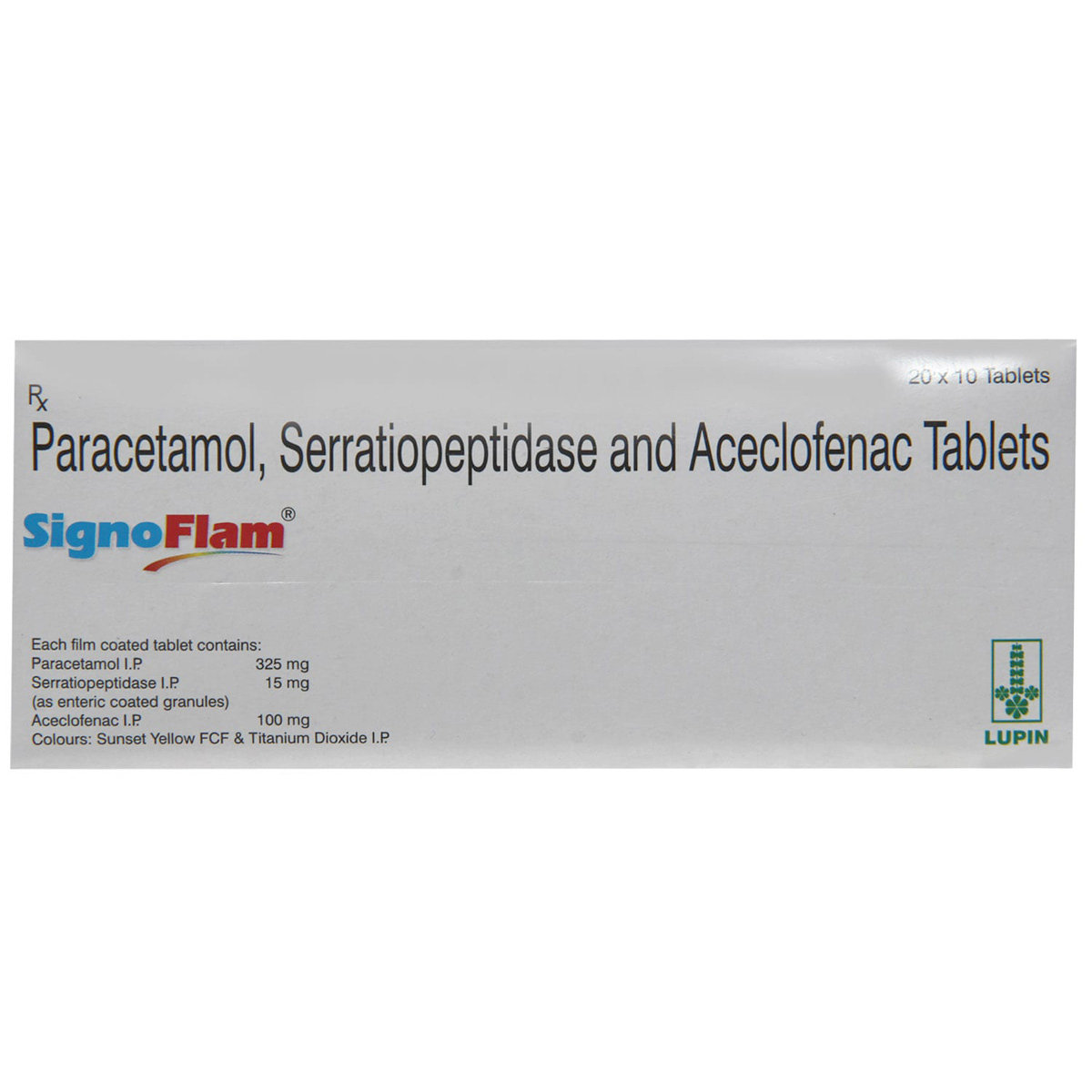
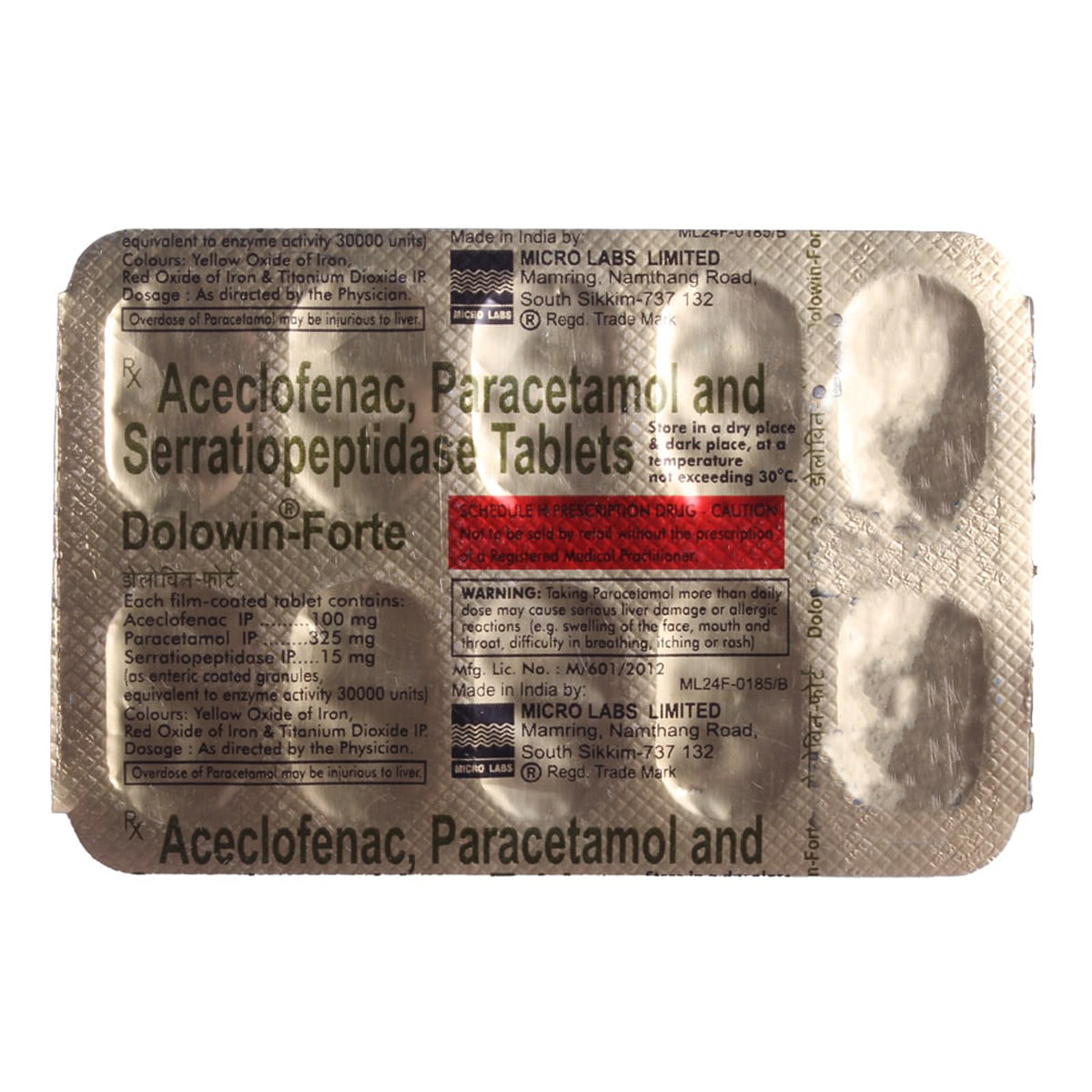

.jpg?tr=q-85)

